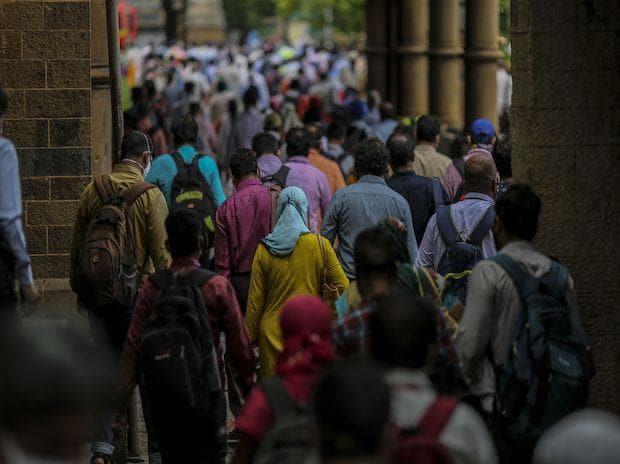Global rating agency Fitch said today that India’s medium-term growth outlook will assume a more critical role in sovereign assessment due to higher deficits and a slower consolidation path.
"The Union Budget (for 2021-22) points to a loosening of fiscal policy to support ongoing economic recovery from the pandemic. It will consequently lead to a rise in public debt. The debt as per cent of Gross Domestic Product (GDP) trajectory is core to our sovereign rating assessment, Fitch Ratings said in a statement.
The agency had revised the outlook on India’s ‘BBB-’ rating to negative from stable in June 2020, partly owing to assumptions about the impact of the pandemic on its public finance metrics.
India entered the pandemic with little fiscal headroom from a rating perspective. Its general government debt-to-GDP ratio stood at 72 per cent in 2019, against a median of 42 per cent for ‘BBB’ rated peers.
The rating agency expects public debt/GDP to rise above 90 per cent of GDP over the next five years, based on the revised budget targets and with other previous rating assumptions remaining unchanged. However, recent reforms and policy measures, including those announced in the budget, could also influence our growth expectations and, thus, our debt trajectory forecasts.
The rating agency’s latest economic outlook projected growth at 11 per cent in FY22, and at about 6.5 per cent a year to FY26. This pace of expansion reflects base effects and the closing of output gaps after the pandemic shock.
Overall, the 2021 budget has the potential to lift growth prospects. Higher expenditure will support the near-term recovery and increased infrastructure spending could boost sustainable medium-term growth rates.
The labour market and agricultural reforms that were legislated in September 2020 could also lift medium-term growth. However, recent adverse court rulings have highlighted implementation challenges to these reforms and there is a risk that fiscal spending could also fall short of planned levels.
Although there are implementation risks around aspects of the budget, the government’s overall fiscal projections as broadly credible. The budget’s higher deficit forecasts are partly driven by positive steps toward greater transparency. The previously off-balance-sheet items, such as loans from the Food Corporation of India, have been brought on budget.
The extent to which policy changes address weaknesses in India’s financial sector will also influence the country’s medium-term growth potential, it added.
 Dear Reader,
Dear Reader,
Business Standard has always strived hard to provide up-to-date information and commentary on developments that are of interest to you and have wider political and economic implications for the country and the world. Your encouragement and constant feedback on how to improve our offering have only made our resolve and commitment to these ideals stronger. Even during these difficult times arising out of Covid-19, we continue to remain committed to keeping you informed and updated with credible news, authoritative views and incisive commentary on topical issues of relevance.
We, however, have a request.
As we battle the economic impact of the pandemic, we need your support even more, so that we can continue to offer you more quality content. Our subscription model has seen an encouraging response from many of you, who have subscribed to our online content. More subscription to our online content can only help us achieve the goals of offering you even better and more relevant content. We believe in free, fair and credible journalism. Your support through more subscriptions can help us practise the journalism to which we are committed.
Support quality journalism and subscribe to Business Standard.
Digital Editor

RECOMMENDED FOR YOU